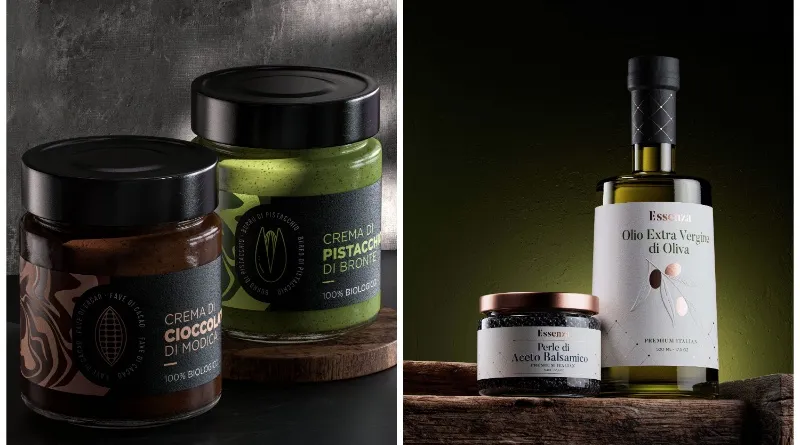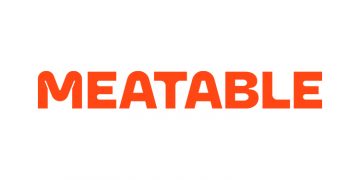Available in the Europe, Middle East and North Africa (EMENA) region, the launch comes at a time when industrial regulations, company environmental policies, and consumer demand contribute to the growing need for sustainable labeling and packaging solutions.
The new range consists of three new papers made from 100% recycled fibers and one from hemp fibers as follows:
- Fasson rPaper Black FSC 100% recycled (50% PCW and 50% PIW) is a black, core tinted, uncoated paper designed to provide a visually striking label for various applications. Its black color ensures a seamless and premium look, avoiding white edges or revealing whiteness from the back of wine bottles. This paper eliminates bleeding problems in ice buckets and offers excellent printability and embellishment compatibility.
- Fasson rMartelé Black FSC 100% recycled (50% PCW and 50% PIW) is an uncoated, matte paper with a distinctive “hammered” tactile embossed finish. It matches the current portfolio’s non-recycled Martelé Black, allowing for seamless integration into existing labeling solutions. Similar to the rPaper Black, this paper also eliminates the problem of black ink bleeding in ice buckets and, being pulp-colored, ensures a sophisticated and clean appearance by avoiding the unpleasant issue of the label’s white edge and backside.
- Fasson rMartelé Blanc FSC 100% recycled (50% PCW and 50% PIW) is also an uncoated, matte paper with the same “hammered” tactile embossed finish as rMartelé Black. This specific product will be available later this year and it matches the non-recycled Martele Blanc in the current portfolio, allowing for effortless integration for existing lines of wine and other high-end products. Additionally, it offers excellent printability with all the standard print methods and embellishing techniques.
New premium labeling possibilities offered by hemp fibers
Fasson Hemp 50% FSC paper provides a natural and bulky touch and feel with its white uncoated, matte surface — perfect for premium organic products. It offers a sustainable alternative to traditional wood pulp-only based papers and utilizes 50% hemp fibers that are sourced regionally from France and Germany and can be harvested up to 7 times annually. Its high-grammage facestock also makes it ideal for labels that feature embossed or debossed details.
“By incorporating these sustainable options, our Sustainable ADvantage portfolio helps brands reduce their environmental footprint and move towards a more sustainable and circular economy,” says Vladimir Tyulpin, marketing manager premium solutions at Avery Dennison. “These solutions are particularly beneficial for industries such as wine, spirits, craft beverages, gourmet food, beauty, and fragrances, where brand differentiation and sustainability are paramount.”
With a wide selection of recycled facestock, rPLUS (an established and proven technology designed to solve ice bucket challenges for white and sparkling wines), and rPET liner construction, along with AD Circular liner recycling program and the use of the Carbon Trust Footprinting reporting tool, Avery Dennison empowers businesses to make informed decisions and accurately measure the impact of products.




















